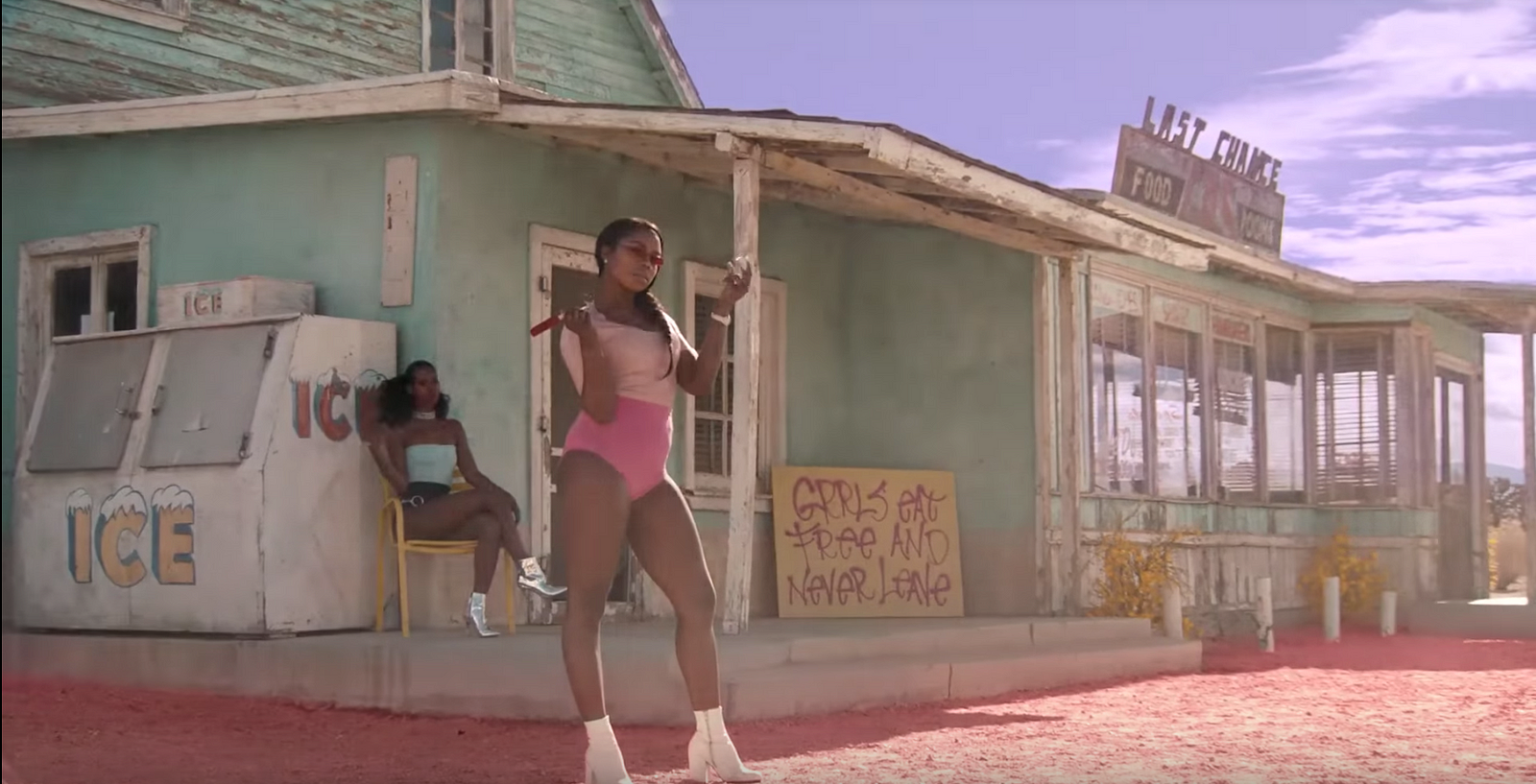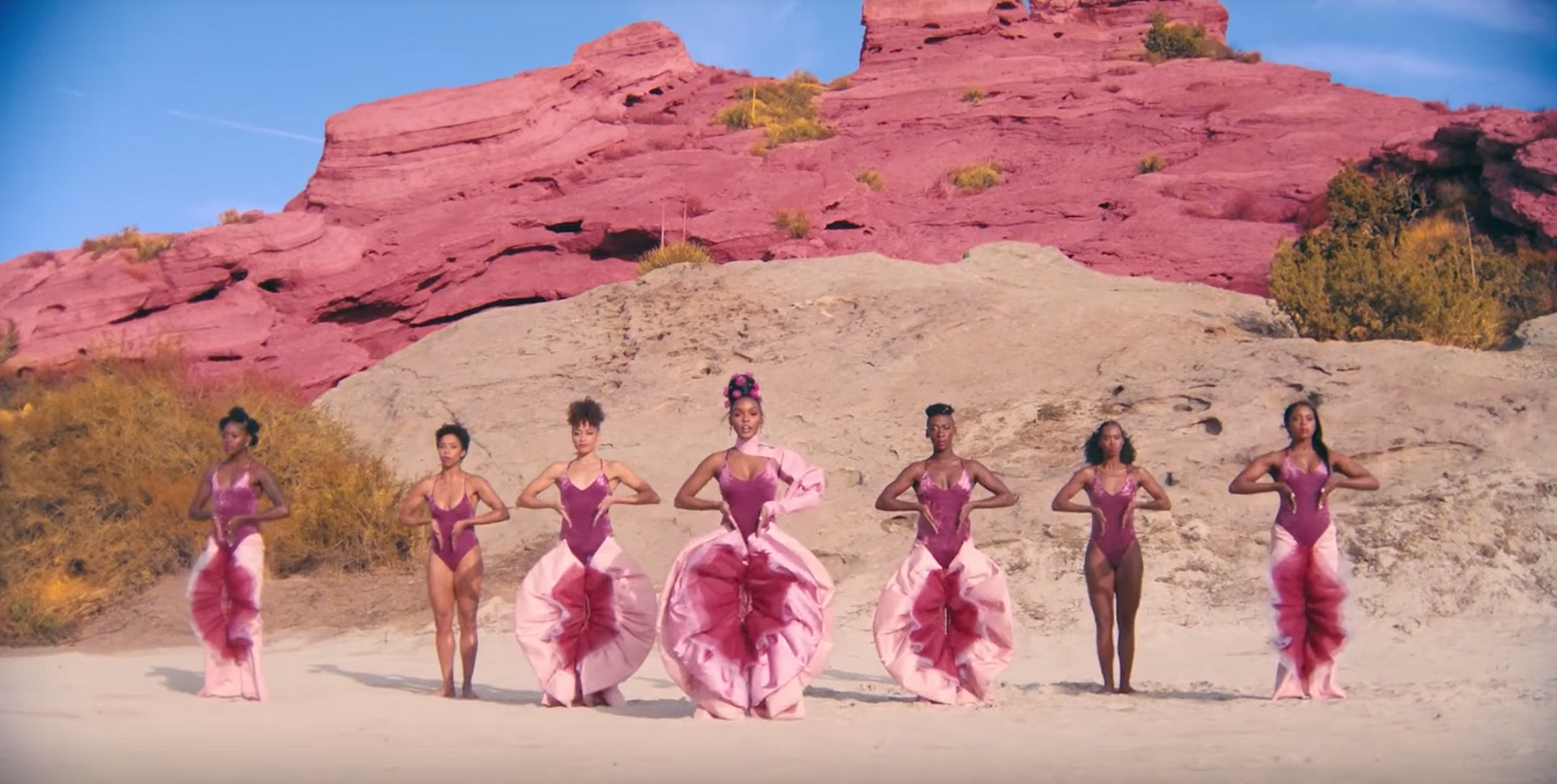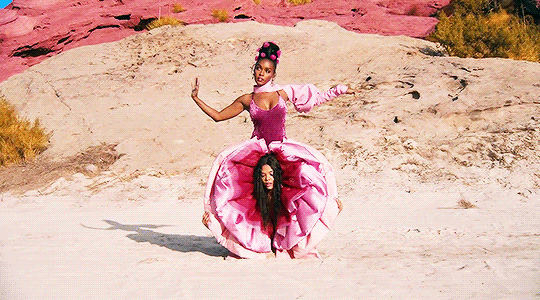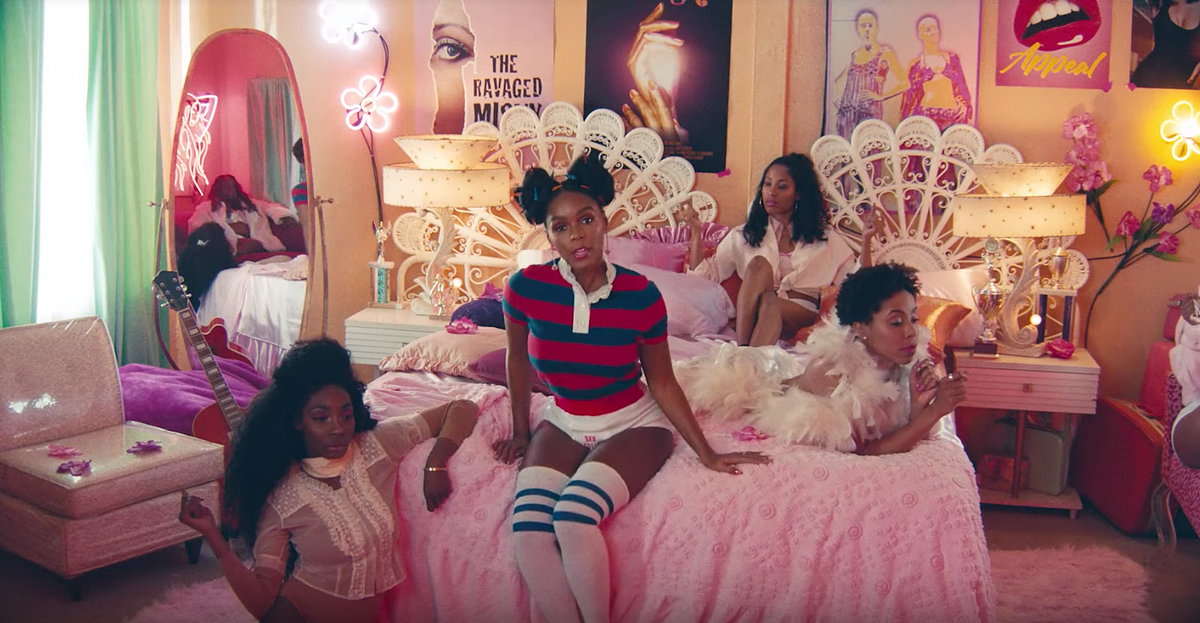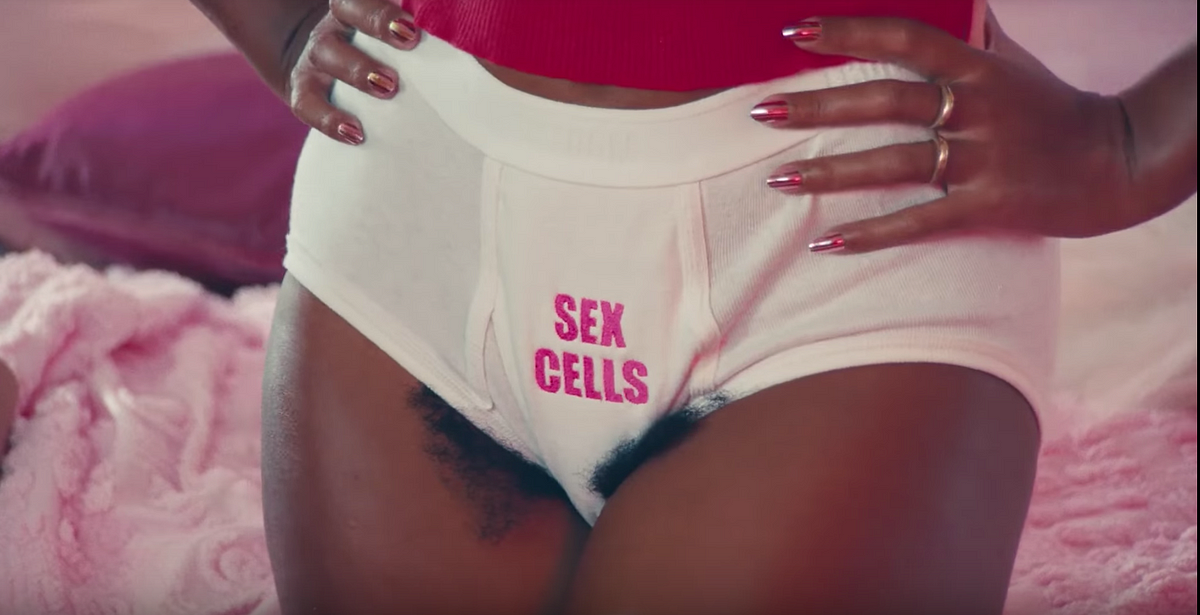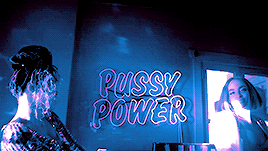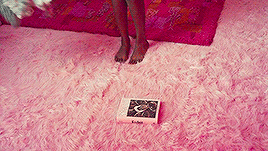It’s a testament to the movies of the eighties, but all the wrong parts.
Every year since I’ve started college, I write a longer and more complex version of the same paper: Comparing the Adapturgical Approaches of Shakespeare’s Twelfth Night on Film. In research for this, I watch a lot of teen movies. Like, a lot. Even the terrible ones. I focused mainly on Just One of the Guys, the 1986 Twelfth Night adaptation that turned the Shakespearean play into a sex comedy. I wrote it off as a product of its time, how it was full of sexist jokes and used breasts as a punchline. It’s just what was considered okay at the time.
That’s what I want to do with Sierra Burgess is a Loser, the Netflix movie based on Cyrano de Bergerac that I’ve been waiting for for a whole year. I want to say “oh, well, transphobic jokes weren’t as big of a deal then.” “Making fun of the disabled was still seen as okay.” But the entire crux of the movie rests on smartphones. This is all too modern of a modern adaptation.
And by “adaptation” I mean “A movie where one of the characters kinda has a similar name and role to a character from literature.” If you are looking for an actual adaptation of Cyrano, I’ll point you to The Adventures of Serena Berg, a queer webseries adaptation with an Asian trans woman lead. I thought this review would be picking apart the adaptation choices, but the title and the overarching concept of the plot are the only relics from Rostand’s work.
The screenwriter of the film defended her use of the first transphobic joke, saying she needed to use it to demonize the villain, and it doesn’t represent her personal views. Excuse my frankness but that doesn’t matter a bit. I don’t care if I’m hearing transphobic bullshit from the concept of evil incarnate, it still hurts. I’m trying to learn screenwriting myself, and already I know there are far more appropriate (and less lazy) ways to communicate villainy.
One of the main scenes that made me think of old 80s movies was the scene where Sierra and her friend Dan run into love interest Jamey and his little brother. Sierra refuses to speak, because Jamey would recognize her voice, so Dan introduces her as “my deaf sister” and Sierra clumsily signs something. Jamey, who knows ASL, inquires why her name is “Shit Pizza” in ASL before introducing her to his brother, who is actually deaf. That whole thing is a mess top to bottom, not to mention Dan taking advantage of Sierra’s temporary muteness by loudly proclaiming her a “hermaphrodite.”
It’s obvious that the movie is inspired by 80s movies. I mean, heck, Sierra’s parents are played by Alan Ruck and Lea Thompson. The movie ends in a character by character freeze frame epilogue. But this isn’t the eighties. No character, no matter how relatable, can hide under a car and kiss her crush without consent in this day and age without some pushback. Regardless of how many cute animal pics they send to each other (which, by the way, is not how teenagers nowadays flirt, but showing them sending actual memes would date the movie down to a specific month, such is the life cycle of the meme.)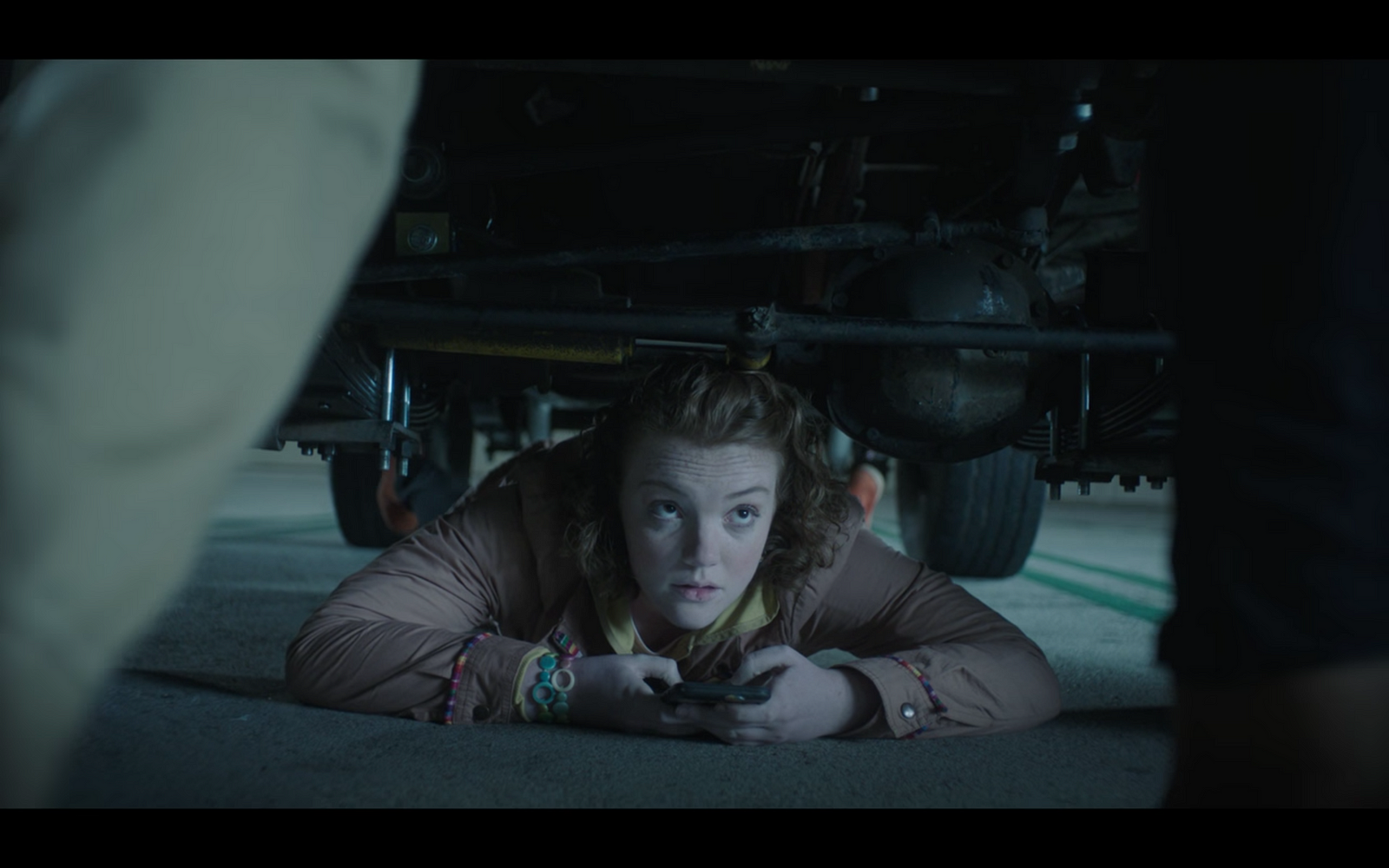
The movie was supposed to be a triumph for girls who are plus sized. But I’m afraid it could be interpreted as a triumph for people who believe romantic love is deserved to them because of a disadvantage. She lies, deceives, hacks into someone’s private social media account, does whatever she can to keep her crush thinking she’s thin. That’s not self love, that’s shame, shame that is magically fixed by her writing a song about how she’s not a rose, she’s a sunflower (which, by the way, is a poem I literally wrote in 11th grade.) This Ditty Ex Machina is another lazy scriptwriting trick to make everyone forgive her, even if she betrayed their trust over and over again.
It’s not a totally awful movie. Noah Centineo’s character, Jamey, is one of the better written love interests of the genre. He’s insecure, loves his brother, and has all the “football player with a heart of gold” personality traits CMM had in A Cinderella Story. He’s the perfect antidote to toxic masculinity I would want boys to have. The casting is excellent, and the actors did the best with the script they were given, save some terrible fake flute playing. Sure, it’s predictable, but predictable is the point.
So the question remains: how do we pay tribute to the older movies we love while keeping the smart writing we expect today? It’s easy. Take an element you enjoy. Is it problematic? Then don’t use it. Is it not? Go for it. It’s not that difficult, in fact, it’s realistic to make a character mean and still woke, just look at leftist Twitter.
Even Regina George reminded Karen she couldn’t just ask people why they’re white. And she’s famously a Mean Girl.
